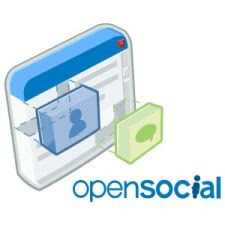So what is this Twitter you keep going on about?

Twitter is the one social networking / micro-blogging / status update service that I fully embraced this year and used extensively. At Web 2.0 Summit in October 2007, there was a lot of talk about Twitter, so I thought I really should give it a go, and once I got into it I was hooked. I often describe Twitter as being like the status update feature on Facebook and you can choose to follow other people's or companies status updates and to restrict who sees yours (if you want). I, in fact, also have my status update in Facebook automatically whenever I update it in Twitter (except for when I am replying to somebody else). First off, Twitter is FREE to use. They are looking at various Revenue models, but the base service is expected to be free for the foreseeable future. Twitter is based around the simple question of "What are you going?". In response to this you can only use 140 characters . Whilst you can just answer this question, most people use it as a way to




